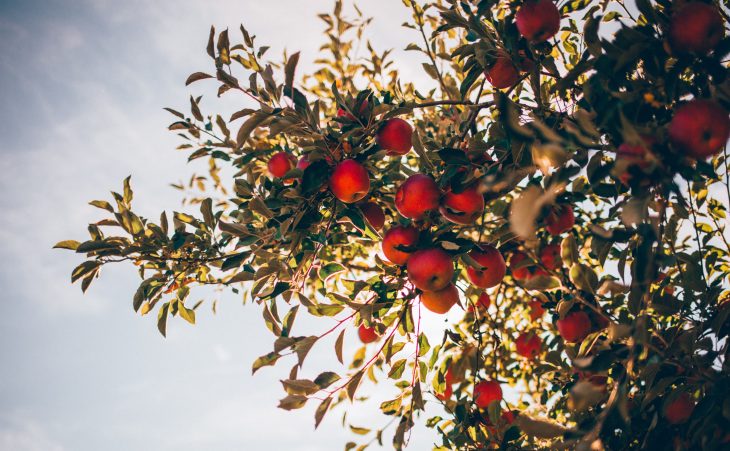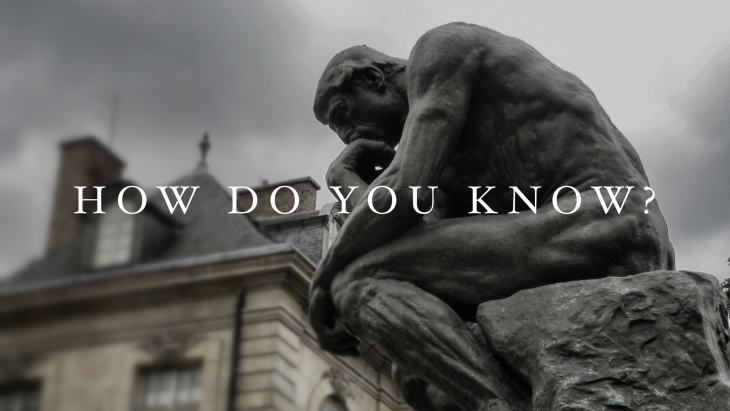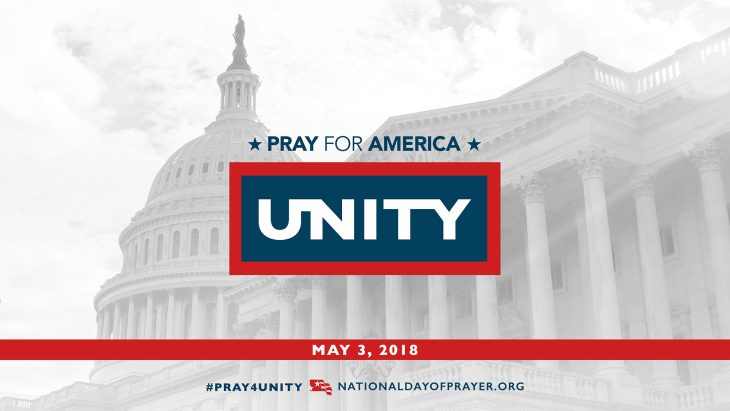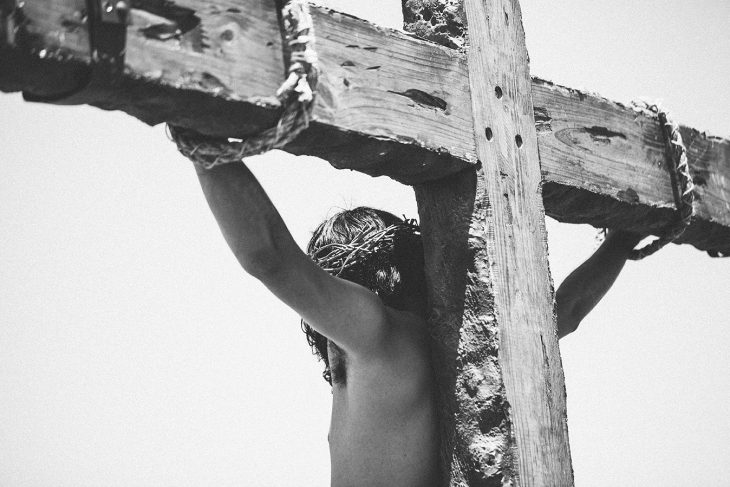You’re probably reading this column bleary-eyed from a late night of Black Friday shopping or sipping coffee in your elastic-waisted sweat pants after yesterday’s feasting. You may plan to put up Christmas decorations today. This all means the holidays are officially here. Starting yesterday, it’s a mad dash to the end of the year.
The greatest holiday challenges aren’t money or time, but people. Every year, invariably, I’ll have a discussion about “relational challenges” with someone regarding Thanksgiving. Many of us celebrate this family dinner with some of the people that cause us the greatest pain in the world. We’re trying to enjoy the company of people whose company we don’t enjoy. We’re driving across the country to be with people we wouldn’t normally choose to spend time with.
People that hurt us in the past will more than likely hurt us again. There’s always a hope that this year will be different, but it never is. At every Thanksgiving, Uncle Earl is there! You know Uncle Earl – there’s one in every family (maybe yours is Aunt Pearl). Uncle Earl is the guy who, between mashed potatoes and cornbread dressing, will offend us.
So instead of trying to put ourselves together again after the holidays, let’s deal with it up front this year! Let’s plan to thrive through these holidays – not just survive. There’s a great primer for this in Jesus’ Model Prayer (Matt. 6:9-13).
The Lord encourages us to “pray in this manner” and to do so daily (v. 11). And one of the daily issues to pray about, especially around the holidays, is forgiveness: “Forgive us our debts, as we also have forgiven our debtors (Matthew 6:12).”
Often, maintaining our joy through the holidays correlates directly to our ability to forgive Uncle Earl…and to resist the temptation of telling him once and for all what we really think (v. 13)!
The reason we pray and ask God for help in the first place is because we have needs. We need daily bread, we need forgiveness, we need help with temptation. Noting our own deficiencies is an important first step in preparing for the holidays. The question is not what Uncle Earl says between mashed potatoes and dressing. The question is how will we respond? If you’re like me, you need God’s help.
There’s only one person who can stop the flow of forgiveness in our lives and it’s not Uncle Earl. We can’t undo what has been done in the past, but we can control how we respond to that person and whether we let it get to us or not. Dealing with difficult people is counter-intuitive: We must face ourselves first.
No one makes us bitter, angry, depressed, or causes us to speak maliciously. We have a choice in the matter – a choice we make every day. And Jesus says we must to forgive – daily if necessary. If we want freedom this holiday season, we’ll have to face ourselves and our own chosen responses…and forgive.
So what about Uncle Earl? The reality is this isn’t a Hallmark movie where all our issues are solved in two hours (with commercial breaks). It’s time for a reality check about people. People offend. Hurt people hurt people. Uncle Earl was offensive last year and the year before that. In fact, it seems since childhood there was always someone mad at Uncle Earl.
And over the years, if we’re not careful, these offenses pile up. The Bible pictures these offenses as a seed planted in our hearts. If we don’t pull it out, it will take root and grow. “See to it that no one misses the grace of God and that no bitter root grows up to cause trouble and defile many (Hebrews 12:15).” Bitterness can cause a lot of trouble and defile the holidays!
In preparing for the holidays and good old Uncle Earl, let’s get our forgiveness up to date. Let’s dump that old baggage. Release Uncle Earl from his past offenses. Let’s get our hearts clean so we can enjoy the holidays. And then, let’s be prepared for Uncle Earl.
That being said, I’m talking about someone with an abrasive personality. You may have a situation which warrants setting boundaries for you own safety or the safety of your family. Give yourself permission to set those boundaries, Give yourself permission to choose where you spend the holidays. Give yourself permission to not engage in potentially unhealthy conversation.
Ultimately, God is calling us to flow in grace: We’re to forgive others as we have been forgiven by God. God is a God of mercy and grace. He loves to shower his children with blessing. That’s what we celebrate at Thanksgiving, isn’t it? And God wants nothing more than to shower us with grace and mercy when we need it. Jesus reminds us of this at the close of his prayer (v 14-15). When we show grace to others, we keep the flow of grace from heaven to us open. When we refuse to forgive, we stop that flow.
It’s like the Dead Sea. That famous body of water got its name from Greek explorers because the salt and mineral contents in the lake are so great that nothing can live there. Two tons of water flow into the lake daily from the Jordan River and the melting snows of Mt. Hermon. But there are no tributaries to take water away from the Sea. In the hot, arid climate, the water evaporates, leaving the minerals behind. There’s inflow, but no outflow. It’s stagnant – and that’s a recipe for death.
Jesus is telling us the same thing about ourselves. It is impossible to have a vibrant, living faith – receiving grace and mercy from God on a daily basis – while not giving away that same grace and mercy to others. To continue to receive inflow, there must be an outflow. Even to Uncle Earl.













 RSS - Posts
RSS - Posts